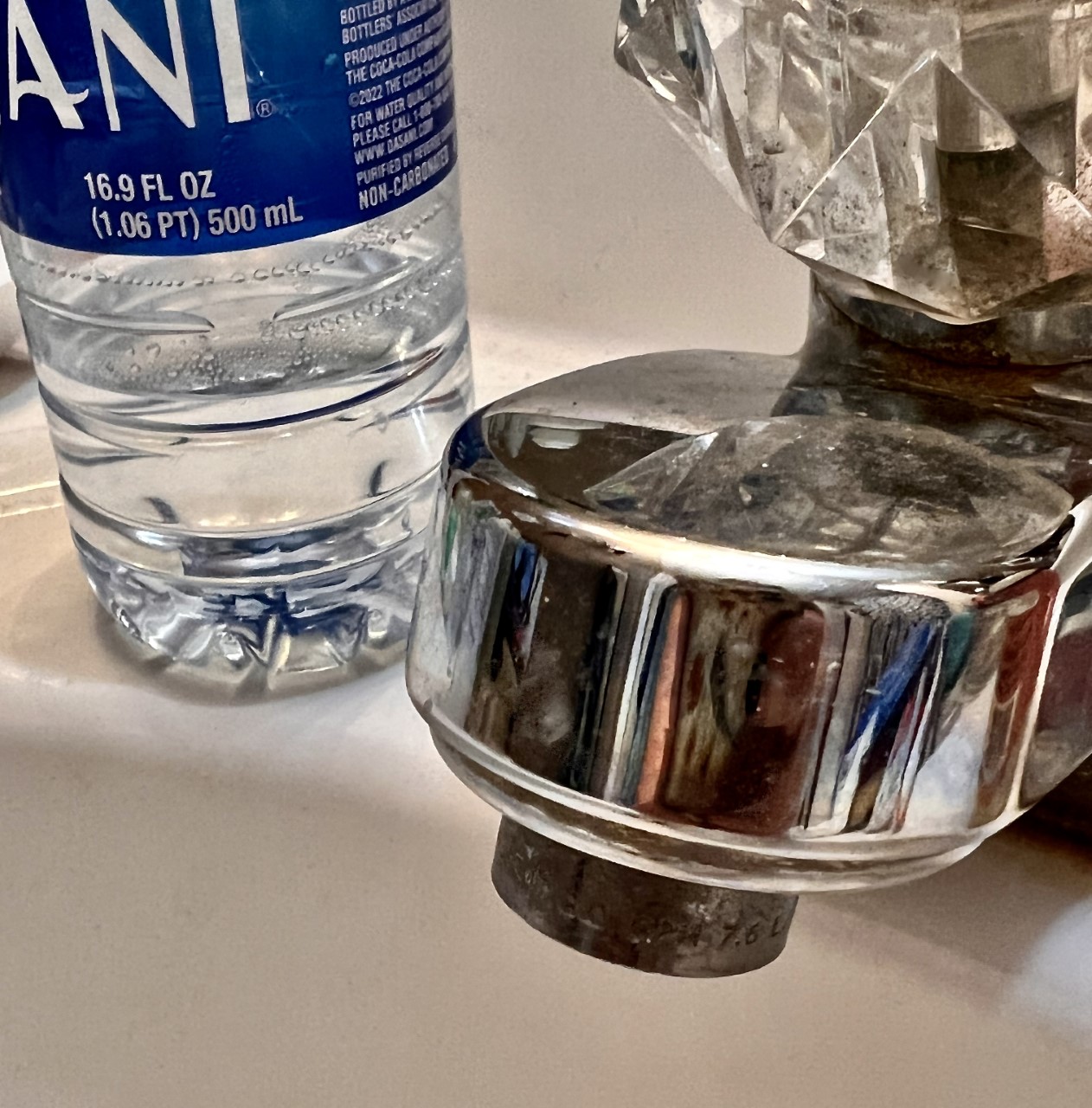It goes without saying that one of the biggest campus casualties of Jackson’s most recent water crisis is the disruption of our classes at Millsaps College. With some classes rescheduled, relegated to Zoom and other platforms, or cancelled altogether, the second week of the semester proved to be as turbulent and unpredictable as the water pressure itself.
Of course, those of us at Millsaps during the height of the pandemic are well acquainted with disrupted routines. This recent development is one in a long road of speed bumps—including but not limited to Covid-19 and the ice storm of 2021—through which we have managed to persevere.
Students aren’t the only ones affected by the week of online learning. The loss of water impacts everyone: campus security, office staff, cafeteria workers, and professors. After our return to in-person classes, I sought to get a better idea of the water crisis from the perspective on the other side of the classroom.
Dr. Griffin, chair of the Millsaps English Department, has been teaching at the college level since 1991. He has been at Millsaps since 1998, and he informed me that this situation is nothing new by telling me about a student that recently visited him. The student began attending the college in 2003, and on his move-in day there occurred a similar water crisis. In fact, his parents considered making him return to Memphis with them.
Here we are, at almost the exact same time of year, experiencing the same problem. History does repeat itself—especially when its issues are left unresolved for years.
Dr. Griffin referred to the water situation as “criminal negligence on the part of the state of Mississippi.” He then pointed out that in 2008 Obama gave out money for infrastructure improvement, which Mississippi turned down.
“People have been contacting me from all over the world,” Dr. Griffin said, referencing Mississippi’s most recent bout of negative headlines in national and international news, once again shedding light on underlying problems that hinder the state’s professions of progress.
I also questioned him about the effect of the water crisis on his classes. He remarked that the week was “especially weird for [his] freshman,” who only got one week of a normal college experience before having to go online. Dr. Griffin said that most of his upperclassmen fared alright, but for the freshman, this occurrence apparently did not give them much incentive to engage in the coursework and class discussions.
September 6th was also the last day for students to add or drop classes. The original date was August 31st according to the academic calendar on Millsaps’ website, but due to the unforeseen events the deadline was pushed back. Several students I have talked to feel that we should have received even more time to decide given the interruption in our regular schedules.
It will be interesting to see in the coming days how a week of remote classes and the delayed deadline for schedule changes impacts the decisions people make about whether to add or drop classes, and how professors adapt to these changes given what has transpired.
Time will tell if these events are behind us for the rest of the semester. Though based on past experience, it’s probably best to keep our fingers crossed and our portable toilets at the ready.
